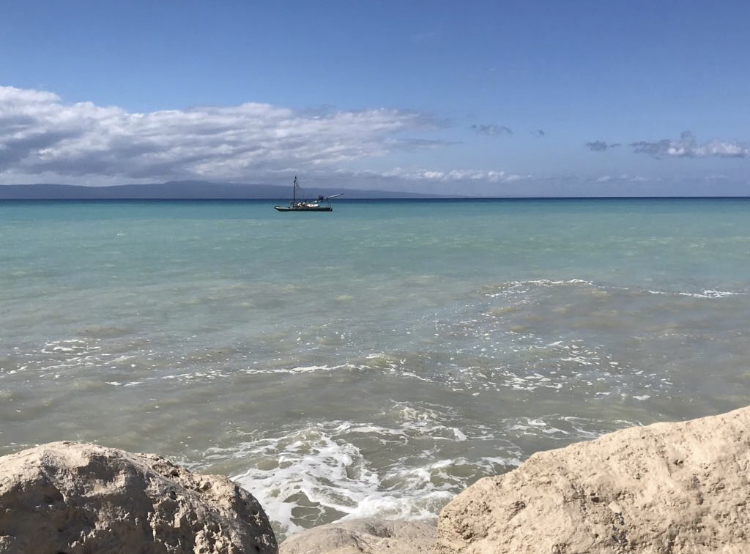His voice was more solemn than usual and at times, he paused, reflected, and then spoke again. It was as if he was sharing a melancholy story that he wished he didn’t know and certainly didn’t want to share. We have communicated often since the beginning of the pandemic, but this time, things sounded different. He expressed genuine concern as to how Kathy and I were coping with things in Indiana, as he had heard that there were people still dying from CoViD19 and that unemployment was still escalating. He asked about our family, our health, and if the hospitals here were able to keep up with demand—but then he paused and he became more intentional.
“People here [in Haiti] don’t have a chance,” he said in his native Haitian Creole. “People are sick. People don’t have jobs. People are hungry. People are dying.” Another pause. I asked how he was doing and he said he was fine, but then slowly and deliberately continued with his directed thoughts. “Before this, some of us who have more opportunity could go to the US. Now with the Coronavirus we can’t go. Even if we could go to the US, so many people [Haitians] are scared because we hear that black people are not safe in the US now.”
After a moment of what seemed like reflection, the conversation was quickly directed back to the business of the small hospital where we serve in Haiti. We resumed our conversation but my mind was still superglued to the continued plight of the people in Haiti.
A tear rolled down my cheek.
For decades, many Haitians have longed for the chance to go to the United States, and bask in the opportunities afforded to the citizens of a country with a better GDP and a good job forecast. While the US can provide a living wage for an immigrated Haitian, the money from employment in the US can also be sent back to family in Haiti to help supply them with basic needs that might not otherwise be available. Now, it seemed from the tone of our conversation, that my friend was not only lamenting the degradation of the economy, health, and livelihood of the Haitian community, but also that another escape from that reality had been blocked. Why wouldn’t he be melancholy? Or sad? Or angry? The hope-killing words and actions were all around him: riots, pandemic, closed borders, hunger, and death; but now another word had been added to the list: prejudice.
I don’t get it. Occasional suffering seems to be an inescapable reality of the human condition, but why do we humans often volitionally add to the suffering equation? It would be easy to dive deep into this dire situation and stay mired in these hopeless thoughts, words, and deeds around us. It would be easy to give up, stay away, and confine ourselves to our own devices. It would be easy to be hopeless.
As the conversation with my friend continued, we developed our plan to attack the current challenges at the hospital. He changed his melancholy tone as he fell back on the only thing that seems certain: “God knows”. Despite the deepening pit of hopelessness from the world around him and the increasing despair that permeated the landscape of Haiti, there was still a voice of hope that ended our conversation. “God knows.”
We ended our discussion and I sat back and reflected upon our exchange. I landed on the hard reality that a pandemic, hunger, economic disparity, rioting, death, and, yes, a resurgence in prejudice seemingly was swallowing our world. I don’t get it. BUT the voice of hope, the voice that breathed all of this into existence still overcomes all of this.
God knows.
…and that faithfulness and love is what provides a hope that is beyond all of the pain of this world.
